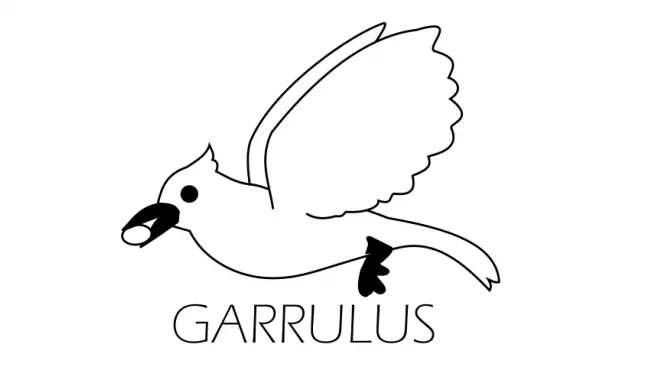Department of Computer Science

Unit
Department of Computer Science, Institute of Technology, Resource and Energy-efficient Engineering (TREE)
Research fields
- Machine Learning (statistical and stochastic algorithms)
- Surrogate Modelling
Location
Sankt Augustin
Room
A 022.3
Address
Grantham-Allee 20
53757, Sankt Augustin
Telephone
+49 2241 865 255Memberships
Research Projects
The Garrulus project aims to develop a fast, reliable and cost-effective method for the reforestation and monitoring of damaged forest areas in Germany. The automated direct seeding of trees offers a good opportunity to grow site-adapted and resilient trees. To this end, the sowing should be targeted at locations with the best possible conditions. Technologies such as drones and artificial intelligence should make the efficiency and effectiveness of direct seeding viable through precise seed planning, targeted drone seeding and subsequent regeneration monitoring.
Project management at the H-BRS
Prof. Dr Alexander Asteroth Prof. Dr Sebastian HoubenThe institute TREE operates the TREE-Energy Lab (TRE3L) in the university's Center of Applied Research (ZAF) with it's industrial partners GKN Driveline and GKN Sinter Metals. In the three sub-labs Powder Fabrication-Lab, Mobility-Lab and Hydrogen-Lab the three partners work on innovative techniques in powder metallurgy and recent topics of environment friendly mobility and energy-efficiency. These labs are supported by a Simulation-Lab.
Project management at the H-BRS
Prof. Dr Alexander Asteroth Prof. Dr Tanja Clees Prof. Dr Dirk ReithThe development of sustainable electromobility is one of the social challenges our time, which is considered in the research project eTa. The energy efficiency of vehicles is addressed in aerodynamic projects and optimized operating strategies. In particular, non-classic vehicle concepts are in focus. Alternative mobility concepts based on non-fossil fuels need new supply structures. The optimized expansion of the loading infrastructure is therefore another issue. But even the best mobility concept is useless if it is not accepted by society and implemented by politics and business. Therefore, acceptance questions are a central element of eTa, which will be further developed. The following areas are addressed primarily by the need to reduce energy consumption: Efficiency of the vehicles Alternative mobility concepts Efficiency of mobility concepts Technical acceptance In particular, these are questions which arise only from the combined consideration of these subject areas and are usually not fully answered in classical manner. Examples of this are optimization of hybrid controls for muscle-electric hybrid light vehicles and study of the aerodynamics of ultralight vehicles where results of the classic wind tunnel tests often do not correspond to the results of the practice. Other topics that we are dealing with are predictive operational strategies for electric combustion hybrid vehicles and loss optimization, optimization of multi-stage placement of charging stations, acceptance of alternative mobility concepts.
Project management at the H-BRS
Prof. Dr Alexander AsterothThe goal of this project was to develop a strategy in order to extend the infrastructure of car charging stations in Bonn and the Rhein-Sieg-Kreis. Based on goals set by the government and information about the distribution of the car density in the area of interest, scenarios for the extension between 2016 and 2020 have been identified. In order to achieve these goals, the number of charging stations has to be raised successively from 256 (in 2016) to a number of 935 in 2020. Therefore, a grid map for the distribution of charging stations for electronic cars and bicycles had to be created. Also so called "points of interest" (POIs) (tourist attractions, leisure time facilities, etc.) as well as park-and-ride stations have been taken into account. All those options have been ranked according to their priority and their individual traffic data. The current distribution of charging stations has been investigated beforehand. With the help of an algorithm, the best positions and distributions for charging stations have been determined. Though, further analysis is necessary in order to bring these proposals into practise. Therefore, a guildeline has been developed and tested in a workshop for the locations "Königswinter" and "Bonn City Centre".
Project management at the H-BRS
Prof. Dr Stefanie MeilingerPublications
Further Information


